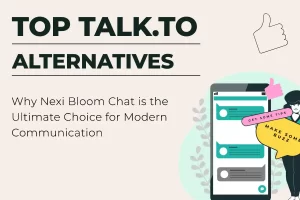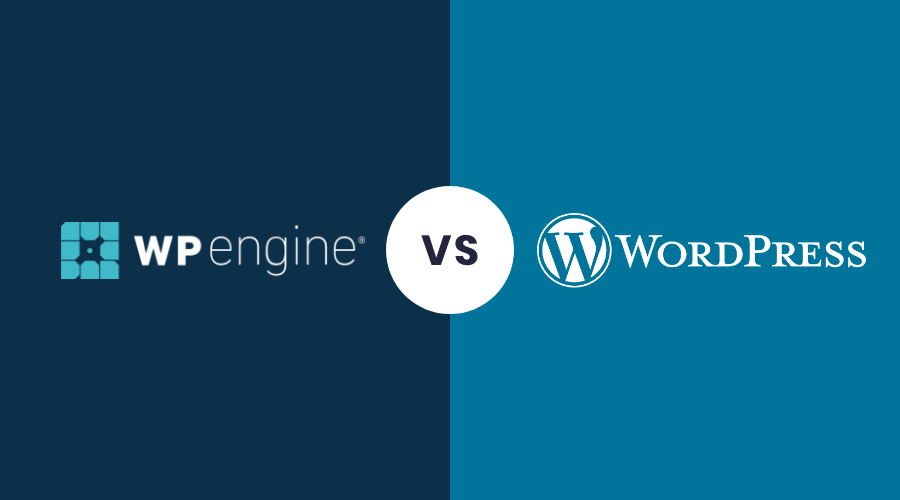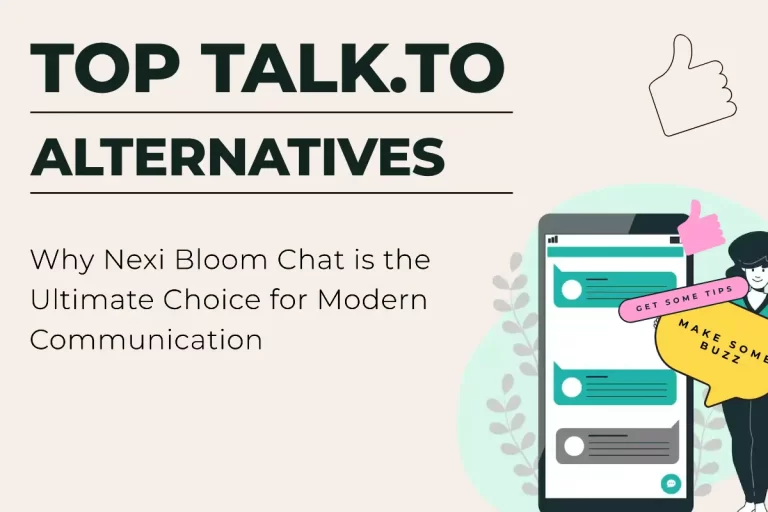The WordPress vs. WP Engine drama has generated interest across the web development community, revealing underlying tensions between WordPress, a widely used open-source CMS, and WP Engine, a leading managed hosting provider specializing in WordPress sites. The issues driving this “drama” highlight the complexities that can arise when commercial hosting solutions intersect with an open-source project like WordPress. This article unpacks the causes behind the tension, the competing interests, and the potential impact on the WordPress ecosystem as a whole.
Who Are the Main Players? WordPress and WP Engine
WordPress was co-founded by Matt Mullenweg and has evolved into an open-source content management system that powers over 40% of the internet. WordPress is available in two main forms:
- WordPress.org: A free, open-source CMS software users can install on their own hosting.
- WordPress.com: A commercial hosting platform managed by Automattic, the company founded by Mullenweg.
WP Engine, on the other hand, is a managed WordPress hosting provider. Since its inception in 2010, it has built a reputation for offering a fast, secure, and optimized WordPress experience, appealing to businesses and developers who want high-performance hosting for their WordPress sites. WP Engine also develops and maintains the popular Genesis Framework and StudioPress themes, which are widely used by WordPress professionals.
The Key Issues Driving the WordPress vs. WP Engine Drama
While both WordPress (specifically Automattic) and WP Engine are heavily invested in the WordPress ecosystem, the two have found themselves in competition. Here are some of the primary issues fueling this tension:
1. Branding and Licensing Conflicts
- WordPress operates under the General Public License (GPL), which promotes an open-source environment, allowing anyone to freely use, modify, and distribute its software. However, the WordPress name is trademarked by Automattic, and it restricts how other companies can use it in marketing.
- WP Engine, as a managed WordPress hosting provider, heavily markets itself as a WordPress specialist. Automattic has occasionally enforced guidelines on how companies like WP Engine can use the “WordPress” brand, which has created limitations in how WP Engine promotes its services.
2. Direct Competition in the Hosting Market
- Automattic has increasingly invested in WordPress VIP, its high-end managed WordPress hosting service. This puts Automattic in direct competition with WP Engine in the enterprise-level managed hosting market.
- This competition complicates the relationship between the two companies, as both seek to dominate the lucrative managed hosting space while relying on the same WordPress ecosystem.
3. WP Engine’s Product Development and Ecosystem Expansion
- WP Engine has developed products beyond standard hosting, such as the Genesis Framework and StudioPress themes, which are tailored to WordPress sites and add proprietary features.
- These features sometimes create a slightly customized WordPress environment, leading some in the WordPress community to worry that WP Engine’s approach might cause compatibility issues or even fragment the platform. Some purists feel WP Engine is pushing WordPress toward a proprietary model, which contradicts its open-source philosophy.
4. Performance and Service Benchmark Controversies
- WP Engine and Automattic sometimes clash over performance claims, particularly in the context of WP Engine marketing materials that highlight its performance benefits over competitors, including WordPress VIP.
- Disagreements around how benchmarks are calculated and promoted have led to public exchanges, with both sides asserting their service offers the most optimized experience for WordPress.
5. Community and Ethical Considerations
- WordPress is deeply rooted in open-source ideals, which emphasize collaboration, accessibility, and transparency. WP Engine, though heavily invested in WordPress, operates with a more commercial focus, and its for-profit strategy sometimes leads to criticism from those who feel it doesn’t align with WordPress’s community-driven ethos.
- There is also concern that WP Engine’s innovations could fragment the WordPress ecosystem by introducing exclusive tools and features only available on its platform, potentially limiting interoperability with other WordPress hosting environments.
What This Means for the WordPress Ecosystem
The tensions between WordPress and WP Engine underscore the complexity of maintaining an open-source community in a commercialized environment. Both entities are essential to the growth and success of the WordPress platform, and their interplay affects the broader WordPress community in several ways:
- Increased Competition Spurs Innovation: The competition between Automattic’s WordPress VIP and WP Engine has led to innovations in managed hosting, encouraging both companies to offer enhanced features, better support, and optimized performance.
- Potential for Fragmentation: WP Engine’s proprietary offerings could lead to compatibility issues if plugins, themes, or other elements become too tailored to specific hosting environments, disrupting WordPress’s traditionally universal ecosystem.
- Community Concerns over the Commercialization of WordPress: Some WordPress community members worry that commercialization could overshadow WordPress’s foundational principles. Automattic’s growing influence and WP Engine’s exclusive offerings highlight ongoing challenges in balancing open-source ideals with business interests.
The Future of WordPress and WP Engine’s Relationship
Despite the “drama” between WordPress and WP Engine, both companies ultimately share a commitment to advancing WordPress’s capabilities and growth. Going forward, here are a few directions that could help both parties coexist and thrive within the ecosystem:
- Transparent Communication and Benchmark Standards: By agreeing on standardized benchmarking practices and transparent service descriptions, Automattic and WP Engine can reduce conflicts and offer clearer information to users choosing between managed hosting services.
- Collaborative Community Efforts: Joint contributions to the WordPress core or community initiatives, such as WordCamps, could reinforce the shared goals of Automattic and WP Engine. Such collaborations demonstrate to the community that both parties are working toward the same objectives.
- Respect for Open-Source Principles: As WP Engine continues to develop its exclusive tools and features, focusing on compatibility and transparency can maintain trust within the WordPress ecosystem, ensuring that the platform remains accessible and open for all users.
Conclusion
The WordPress vs. WP Engine drama represents the challenges that come with balancing open-source ideals against commercial growth. Both WordPress, led by Automattic, and WP Engine play integral roles in the WordPress community, driving innovation and providing users with powerful options for website creation and hosting.
While occasional conflicts may continue, both companies stand to gain from a cooperative relationship that prioritizes the needs of the broader WordPress community. By focusing on transparent practices, open communication, and a mutual respect for WordPress’s founding principles, WordPress and WP Engine can continue to build a stronger, more innovative ecosystem for users worldwide.










